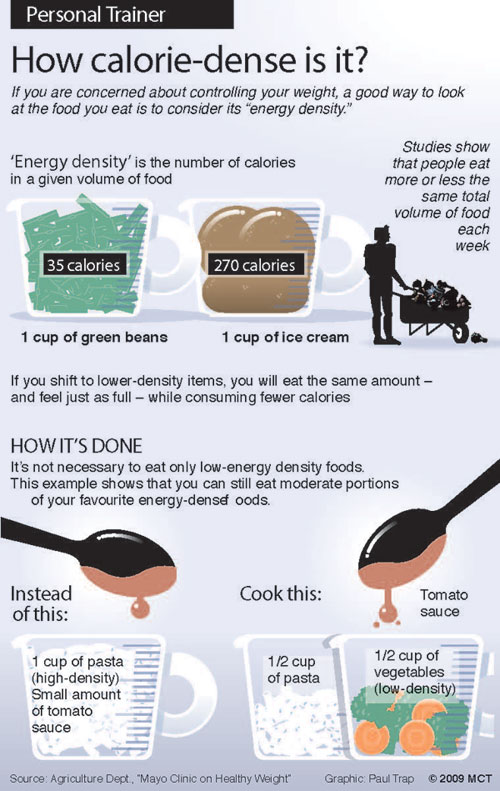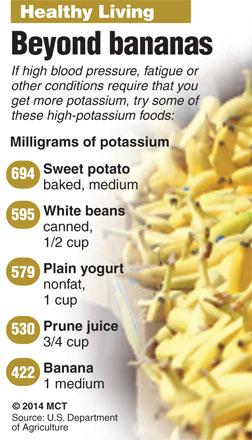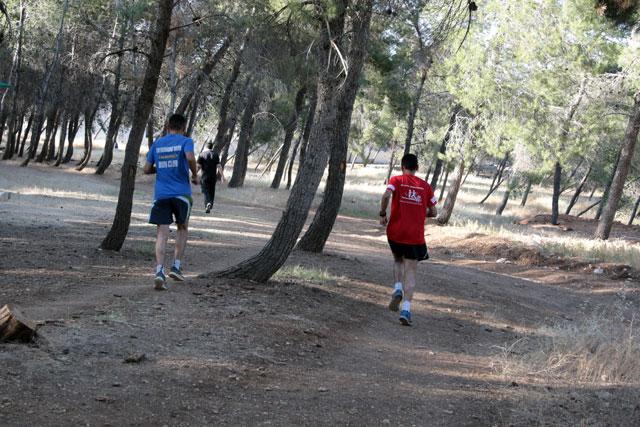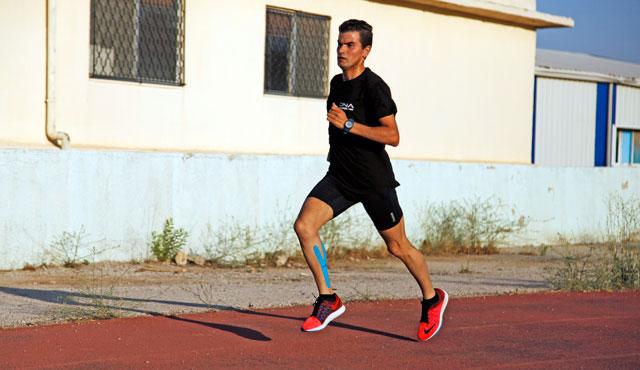You are here
Experts advise portion control, six hours of sleep in Ramadan
By Suzanna Goussous - Jun 07,2016 - Last updated at Jun 07,2016
 AMMAN — As Muslims change their lifestyle and habits during the fasting month of Ramadan, experts advise careful management of sleeping and eating patterns to avoid fatigue.
AMMAN — As Muslims change their lifestyle and habits during the fasting month of Ramadan, experts advise careful management of sleeping and eating patterns to avoid fatigue.
During Ramadan, a pre-dawn meal, the suhour, is consumed before the day-long fast, which is broken with the iftar meal at sunset.
Many people stay up late at night and take a nap in the afternoon, but interventional cardiologist Ramzi Tabbalat warns that the change in sleeping patterns can cause low energy.
He recommends going to sleep soon after the iftar meal and getting at least six hours of sleep a day.
“If you go to bed at 11pm, you will sleep for longer before waking at around 3am for the suhour meal. Then you can sleep for two more hours until you go to work, in addition to an afternoon nap before iftar,” Tabbalat said.
Tabbalat also advised fasters not to overeat, warning that eating too much in one meal can cause health problems, especially to those who do not exercise.
Gastroenterologist and liver disease consultant Naeem Abu Nabaa said the ideal afternoon siesta in Ramadan should not exceed 30 minutes, and advised the public not to consume too much for the suhour meal.
“Having large portions of food for the suhour meal leads to bloating, drowsiness and inactivity the next day,” he told The Jordan Times.
Abu Nabaa added that foods that are high in fat, carbohydrates, salt or sugar are “unhealthy choices” for the pre-dawn meal if the faster intends to continue the 16-hour-fasting period.
Meanwhile, internist Nisreen Salaytah advised people to drink water continuously after the iftar meal, rather than drinking excessively with the suhour meal.
Fried food should be avoided as it increases dehydration in the body, which may stop fasters from sleeping well, she told The Jordan Times.
She recommended eating hummus, eggs, and cheese for the suhour meal to avoid exhaustion.
For diabetics, sleeping before the iftar meal can be dangerous, Salaytah said.
“It is preferable for diabetics who are fasting to stay awake before the iftar meal since after 10 hours of fasting, sugar levels record faster declines in the human body,” she added.
The internist urged fasters to focus on getting proper medical care throughout the month.
“Test yourself during the first days of Ramadan, check your blood pressure and sugar levels in the middle of the day and before the iftar meal. If your glucose levels are below 70 mg/dl or above 300mg/dl, your body will not handle fasting,” she warned.
Related Articles
AMMAN — Dieticians recommend eating foods that are rich in potassium and low in sodium for the pre-dawn suhour meal, to help fasters endure
AMMAN — As some see in the fasting month of Ramadan an opportunity to lose weight, health experts said the best time to practise sports is i
By Sam McneilThe Associated PressAMMAN — After 16 hours without food or water, Moath Al Khawaldeh laces up pink training shoes and begins wo



















